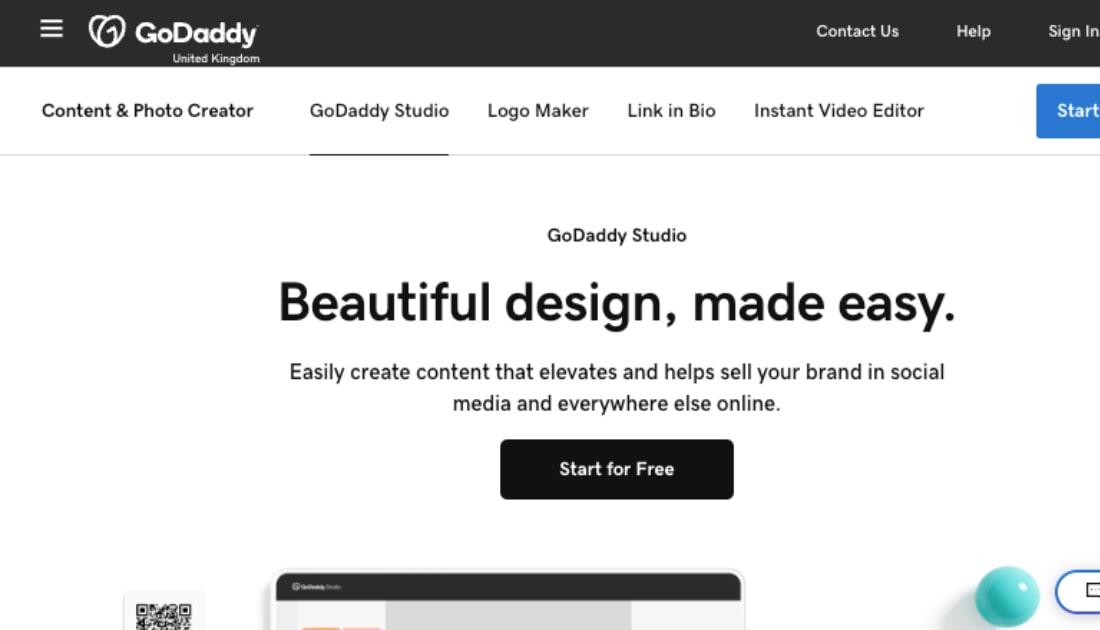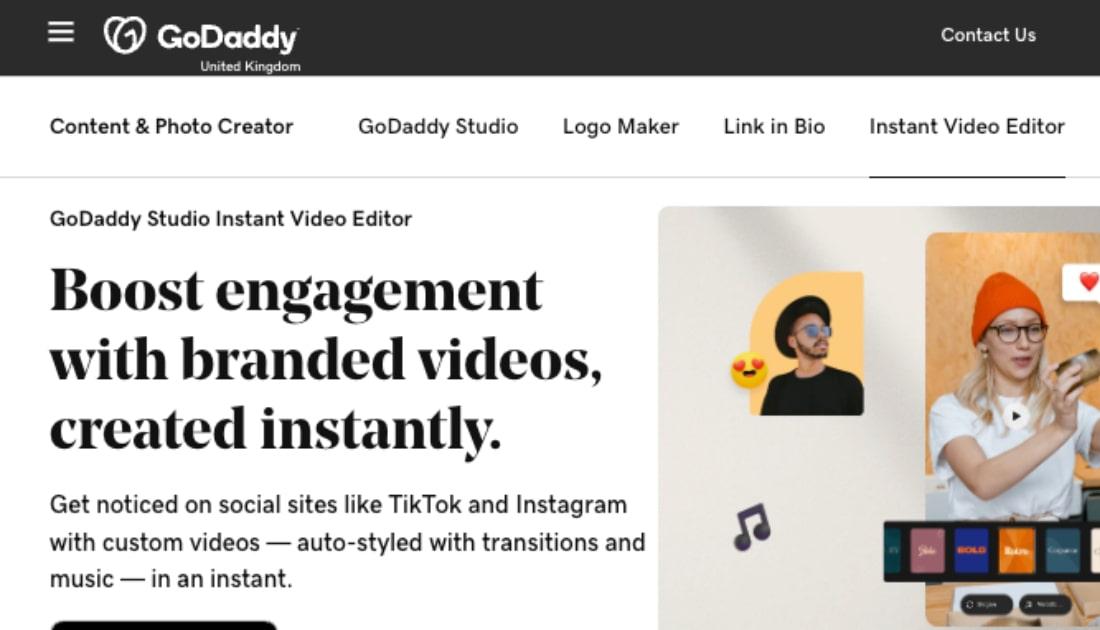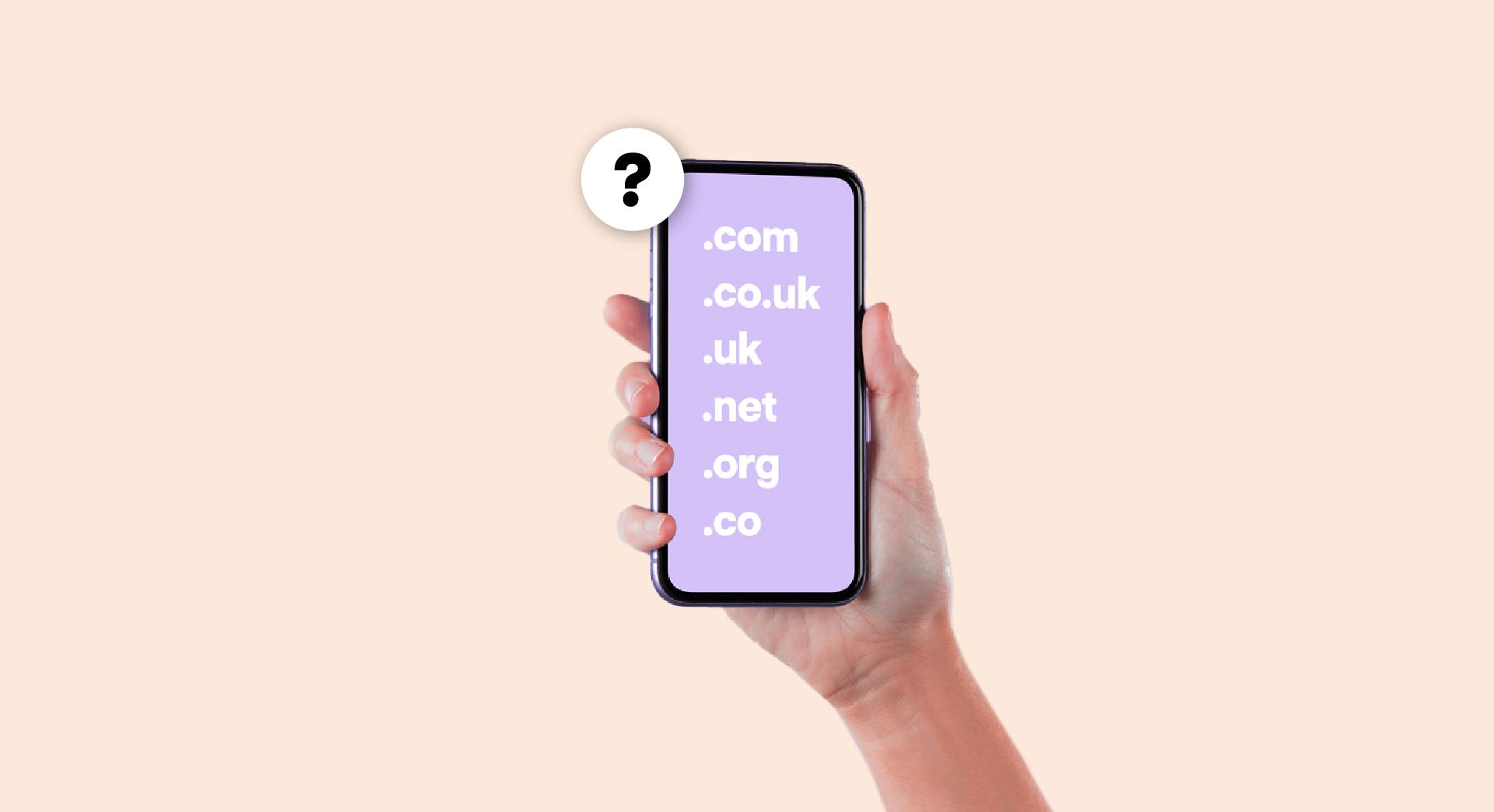When you have an online business, knowing what social media is, what types of platforms exist, and what benefits they can bring to your business could completely change the course of your digital marketing strategy.
As you know, everyone is glued to their smartphones these days.
And not just the younger audience.

Social media and instant messaging apps are a big part of our lives — they have completely changed the way we communicate.
In the UK, more than 56.2 million people actively use social media. In other words: 83.9% of the population.
Although social media may seem like a fairly basic topic at first, it is essential to learn more about it if you are thinking of implementing a marketing strategy in your business. So, let's get to it!
What are social networks?
A social network is a website or application that serves as a communication tool between users.
Information is mainly shared in text, images and videos, although there are also audio-based platforms like Clubhouse.
Active users with a social media profile can be individuals, businesses or both. They can use social media platforms to create their own communities of individuals following their businesses.
Professional social networks are the perfect tool to humanise a brand, bringing it closer to its target audience.
Of course, let's not forget that these networks are used to communicate with clients. So you don't want to fill your profile with advertisements or offers from your brand.
You’ll need to talk to your followers, both in comments and in private messages, and answer any doubts or questions your potential clients may have.
It is also important for you to know that we sometimes refer to social networks as RRSS, an abbreviation for really really simple syndication.
Types of social networks
When we talk about social media platforms, the first ones that come to mind are probably Facebook, X, Instagram and TikTok. But it doesn't end there.
There are a multitude of social media platforms around the world.
Each of them has different publishing formats, different users, and different usage goals.
That is to say, there are social networks that bring users together without taking into account a specific topic. Then there are others that are centred around a common interest or topic.
For example:
- LinkedIn is one of the main platforms for job searching
- Snapchat was designed to help users send and receive content that disappears once it’s viewed
Thus, we can make another type of classification between the main social networks, dividing them between horizontal and vertical networks.
Let's look at the specifics of each of them.
Horizontal social networks
These platforms are aimed at all types of users, without a defined theme or common interest.
People access them in order to interact, communicate or express their opinion on any subject. They are also known as general social networks.

Some of the most well-known and used horizontal social networks are:
- X
- TikTok
- Snapchat
- YouTube
- Tumblr
Vertical social networks
These platforms are characterised by their specialisation in a specific topic, whether it be music, work, fashion, etc.
These attract social groups interested in the network's specific topic.
Some of the most notable in this category are:
- LinkedIn (for business chats)
- 21 Buttons (for fashion lovers)
- Spotify (for music fans)
- Flickr (for photo sharing)

More and more startups are creating niche social networks.
So, if you are interested in a specific topic, you may find a social network that let’s you deep dive on it.
Social Messaging Networks
Although messaging platforms are often considered vertical social networks, their rise in recent years deserves a separate classification.
In fact, messaging apps have been able to surpass communication methods that once seemed unbeatable, such as SMS.
They are also replacing calls and emails.
So much so that general social networks such as Facebook have launched their own messaging apps (Facebook Messenger) to compete with the other messaging platforms.
The most commonly used and most popular messaging social networks in the UK are:
- Messenger
- Discord
What are social networks for?
Now that you know what social networks are and how they are classified, let's talk about what they are used for.
At a business level, social media has multiple advantages.

Thanks to company pages, these platforms:
- Help make your own brand image stand out
- Act as a new customer service channel
- Allow you to promote your business or announce new products, among other opportunities
What are the advantages of social networks?
As you have seen, social media offers a lot of possibilities for businesses. Let's quickly take a look at what benefits it has for companies. It can:
- Help create a brand image
- Act as a customer service channel
- Attract customers in a place where they spend time every day
- Promote your business
- Improve your ranking on Google
- Allow you to grow professionally
Let's look at each of them in more detail.
1. Help create a brand image
Having an online presence is essential to reaching your target audience.
A website is not enough; you must complement it with a social media strategy.
These platforms help you attract a community of followers who might not otherwise know about your business. In addition, having your clients or users leave their opinion on social platforms will help people get to know you and decide to make a purchase.
It is also important that the image you show on social media is consistent with your brand.
And I'm not just talking about the logo or the images or short videos you use. The message you convey with any type of content should be in line with that of your website and your communications with your clients.
Editor's note: Quickly create eye-popping social posts with GoDaddy Studio and videos that get shared with Instant Video Editor.
2. Customer service channel
More and more people are turning to social media as a customer service channel.
Why? Because they want an immediate answer to their questions.
Keep in mind that, as a brand, you should not only respond to the most general queries or positive opinions about your service. You also need to respond to negative comments or complaints from your clients or customers.
Through a social network, your potential customers can quickly form an opinion of your company based on your behavior with the rest of the active users in your community.
3. Attract customers
Social media platforms are not only direct sales channels, allowing you to carry out commercial actions — contests, offers, etc. — with the aim of attracting potential customers.
Social media can influence your target audience's purchasing decisions.
Likewise, you should know that more and more brands are starting to ‘live launch’ new products on platforms such as Instagram or YouTube.
You may also like: How to sell on Instagram: complete guide, including sales tips
4. Promote your business
Almost all social platforms allow you to promote your business. You usually don't need a huge budget to do so. For example, on Facebook you can do it for less than £1 per day.
However, before promoting your brand on any social network, you need to perform an analysis to determine where your audience is and which platforms they use.
There's no use in spending on Twitter ads if the people most likely to buy from you hang out on Facebook.
In addition, these tools allow you to segment your ads as much as possible and optimise your budget.
You may also like: How to advertise a small local business
5. Boost your position on Google
In addition to humanising your brand, bringing you closer to your customers and serving as a customer service channel… social media helps you with search engine optimisation (SEO)!
Whether you have a blog, a website or an e-commerce site, social media platforms are the perfect tool to promote your business.
People will be able to share your articles, you will gain visits, interactions and the metrics will improve.
Additionally, many social profiles allow you to add a link to your website. This becomes an inbound link to your business.
6. Grow professionally
Social media is not just for sharing photos or leaving comments.
Social media has become the perfect platform for training activities.
These platforms are a great source of information that allow us to continue learning in our professional field, participate in debates — even find professional opportunities that can change the future of our career.
You have probably seen tutorials or live broadcasts of events on these platforms more than once.
LinkedIn Learning is one of the best online learning platforms.
What are the disadvantages of social media?
Social media is not all about advantages, as it also has some drawbacks such as:
- Spread of false information
- The risk of addiction
- The negative impact it can have on users' mental health
Social media addiction
Social media addiction is a worrying phenomenon, as an increasing percentage of users spend hours and hours browsing these platforms, sometimes even paying for them.
This can lead to negative effects on mental health, well-being and personal relationships.
Social media management
Social media management is essential for both individuals and companies looking to make the most of their online presence.
Direct and personalised management allows you to successfully connect with your audience. They will ultimately be the ones who will have to make the decision to invest their money in a your product or service.
Publishing content on a regular basis (which also improves your search ranking) is essential to maintaining follower interest.
In addition, it is necessary to stay up to date with the latest trends in order not to lose relevance in a world that is always in constant evolution.
How to use social media to promote a business?
To promote a business on social media, you have to start by planning attractive and relevant content (posts, videos, etc) that serves and entertains the audience you want to target.
It's a great idea to use social media management tools to segment who you want to target. By creating content for specific groups of people based on their age or interests, you're more likely to get a better response.
In addition, responding quickly to users’ comments and questions leads to an active and fully engaged community.
Active presence
Social media profiles must be active and interact regularly with the public, as this is key to maintaining the interest of followers.
The best way to stay in the minds of potential consumers is to participate in the conversation and be naturally present in their daily lives.
What are the latest trends in social media?
The latest trends in social media include the rise of short video content driven by platforms such as TikTok or Instagram and its Reels and Stories, as well as the increasingly normalised use of augmented reality in filters and applications.
In addition, content personalisation and influencer marketing continue to be dominant trends on social platforms. The better you are at giving your followers what they like, the deeper their commitment to you.
You may also like: 16 tips on creating video content that works
What are the most used social networks?
We already told you about the most used social networks in the UK.
However, when creating your profile on one social media or another, you should not only focus on the number of active users. It is important that you choose those where your target audience is.
It's not the same if you have a video game business or a fashion store. Your target audience can use the same general social networks, but you have to focus your efforts on those that also focus on a common interest or theme.
If your business is focused on Generation Z (born between 1994 and 2010), TikTok may be the best place to start promoting your business.
Many small and medium size businesses continue to rely on X (formerly Twitter) for customer service. Due to its immediacy, it is one of the channels preferred by users to contact brands.
Did you know there are around 3.3 billion digital video viewers in the world? If you want to take your social media strategy to the next level, YouTube is the perfect channel to promote your products or services in video format.
Newer social networks
TikTok, Threads (owned by Instagram), Mastodon and Bluesky are examples of newer social networks that are gaining popularity.

TikTok has revolutionised short video content, while Threads aims to be an alternative to X that is focused on user privacy.
Meanwhile, platforms such as Mastodon and Bluesky offer new approaches to social interaction on the internet. They stand out for their:
- Decentralisation
- Efforts to create a more open space that is less monopolised by big brands
Barely a week goes by without news of the appearance of a new social network. But you have to carefully assess whether or not it is worth being on all of them.
Be very selective to ensure the best possible results.
Of course, it is not enough to be on social platforms, you also have to have a quality website to redirect users to. Having a website not only increases your credibility in the eyes of new customers, but helps you turn more browsers into buyers.
Which social networks will you use for your brand?
You already know what social media is, what benefits it brings to a small business, and which platforms are the most used.
Now it's time to analyse your target audience and create a good marketing strategy that will create a community around your brand day after day.
Creating an editorial calendar, developing collaborations with influencers, using the right hashtags to increase your organic reach and practicing social listening are some of the steps you should take to succeed on these platforms.
In addition, you can count on the help of social media management tools such as Hootsuite or image apps such as GoDaddy Studio to create attractive posts and videos that appeal to your fans.
If you don't have time for this and you think it's a task you can delegate, why not enlist the help of a community manager?








